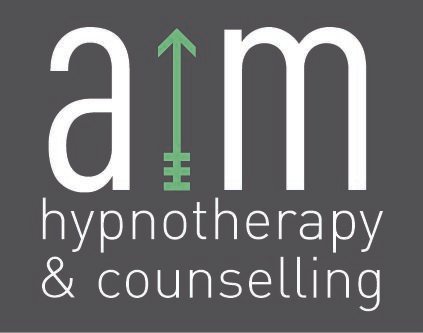At Aim we see a lot of children, teens and college students who feel paralyzed and overwhelmed by exam anxiety. Many of them are hard working students who can achieve high marks but have trouble managing their anxiety during the actual exam period. Through the use of talk therapy we identity areas of their lives that need improvement, like better time management skills or incorporating better eating and exercise plans to help reduce overall physical stress but more importantly we use Hypnosis to teach coping mechanisms to lower anxiety come exam time or during any specifically stressful situation.
At Aim we really enjoy helping students find better coping mechanisms to reduce anxiety so that it doesn't interfere with their education. We also hope to see schools and teachers responding to the increase in children's anxiety levels by finding ways of reducing the overall stress that comes with the exam period.
That's why we are quite interested in a new study published on the British Psychological Society blog suggesting simple changes that school can implement to help lower anxiety for and exam stress for all students.
Here is an excerpt from the study - To read the article in its entirely please follow this link
"Over 100 children (aged 11-12) at three Greek primary schools sat a maths test. Stress was ratcheted up with a timer (three minutes per question) and a prize for the best performer in each class. Crucially, the researchers gave half the students one minute at the test start to skim through all 10 of the maths problems - this was the simple intervention. The researchers said this should reduce anxiety and boost confidence by "activating the relevant schemas for solving the test problems". The remaining students acted as controls and had an extra minute to answer the first problem.
The good news is that the children who took a minute to skim through the questions performed better on average than the control students, and this was true regardless of their tendency to experience test-related anxiety. Because the students' self-reported levels of mental exertion didn't vary across the control and intervention conditions, the researchers said this shows the skimming ahead strategy boosted performance by aiding the children's efficiency, helping them focus more on the task, and less on worry."

